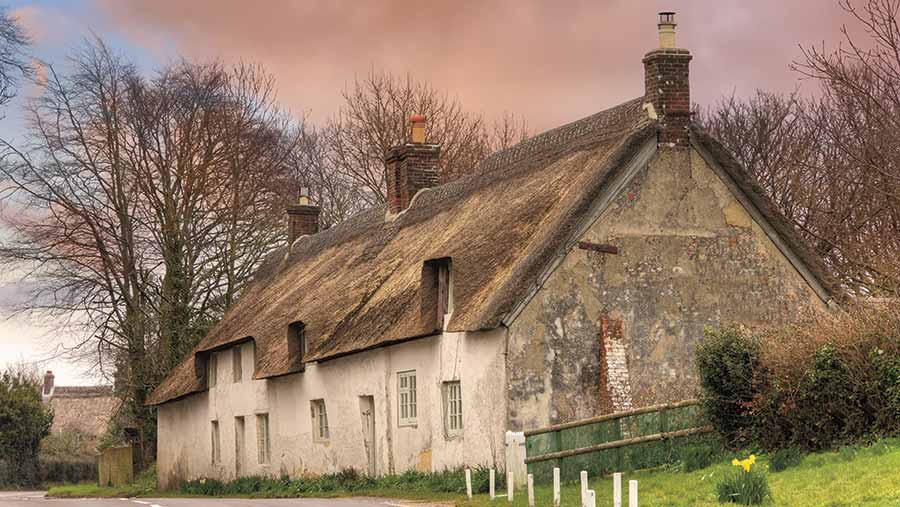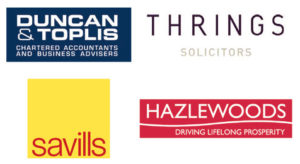Business Clinic: Can I roll over capital gain?
 © Ing Image
© Ing Image Whether you have a legal, tax, insurance, management or land issue, Farmers Weekly’s Business Clinic experts can help.
Here, Nick Dee, partner at Hazlewoods, advises on rolling over capital gain when there is a delay in purchasing.
Q We are hoping to sell a former farmworker’s cottage that has recently been let on an assured shorthold tenancy and which will realise a significant gain.
Originally, we wanted to rollover the gain into the new grain store we built 18 months ago and into additional land that we expect to come on to the market soon, but everything is taking longer than expected. Can we rollover the likely gain?
A The gain on the cottage relating to the period when it was used as a farmworker’s cottage can be rolled over even though the property was let immediately before the sale.
However, gains accruing in the period while the cottage was let will remain taxable.
The proportion of the gain that can be rolled over will depend on the relative periods of occupation by workers in your farming business and by non-farming tenants.
It is worth noting you will generally only start to rollover gains once you have reinvested the cost of the original asset.
However, where there is a period of non-business use, as in this case, the sale is treated as two separate disposals, one business and one non-business, and so it will only be the cost relating to the business part that needs to be spent before you start to rollover the actual gain.
See also: Business Clinic: Tax considerations for farm cottages
The normal rules allow someone to rollover the gain on a qualifying disposal into the purchase of a qualifying asset up to 12 months before a sale and up to three years afterwards. The sale or purchase date is taken as the date contracts are exchanged rather than the date the sale completes.
However, HMRC has discretion to extend these limits to up to three years before and six years afterwards. Just because the relevant expenditure may fall outside the normal time limits then this does not automatically prevent a successful rollover claim.
Eligible expenditure
Both the grainstore and the proposed land purchase may be an eligible expenditure.
Qualifying expenditure on the grain store can be in two forms: the cost of the building and the cost of fixed equipment. Rolling over gains into the cost of the grainstore will secure rollover relief permanently.
Rolling over into the cost of fixed equipment will defer the capital gain becoming taxable for 10 years and this gain can be rolled over again into other expenditure within the 10-year period.
Gains on the sale of the cottage that remain taxable will be taxed at the standard rate for residential property of 28% unless the gain falls within an individual’s tax-free amount of £11,300 or within their basic rate tax band where gains are taxed at the reduced rate of 18%.
There is no question of the disposal qualifying for Entrepreneurs’ Relief as the cottage was not a business asset at the time of the sale.
Do you have a question for the panel?
 Outline your legal, tax, finance, insurance or farm management question in no more than 350 words and Farmers Weekly will put it to a member of the panel. Please give as much information as possible.
Outline your legal, tax, finance, insurance or farm management question in no more than 350 words and Farmers Weekly will put it to a member of the panel. Please give as much information as possible.
Send your enquiry to Business Clinic, Farmers Weekly, RBI, Quadrant House, The Quadrant, Sutton, Surrey SM2 5AS.
You can also email your question to fwbusinessclinic@rbi.co.uk.

